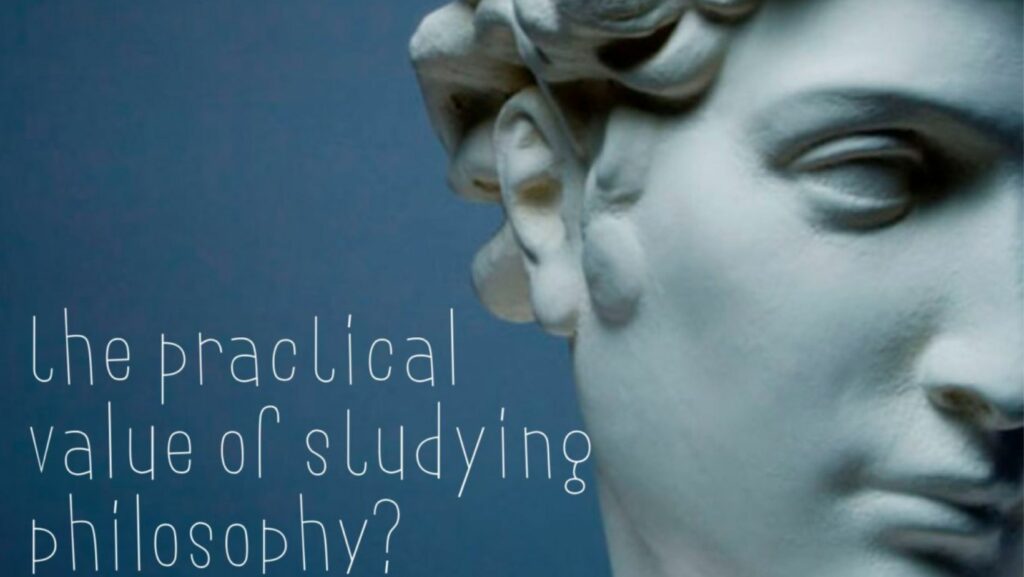
Philosopher in a Sentence
Delving into the profound world of philosophy, encapsulating the essence of a philosopher’s intricate ideas in a single sentence can be both challenging and enlightening.

A philosopher in a sentence aims to distill complex thoughts and beliefs into concise and impactful statements that resonate with readers on a profound level. These succinct expressions often serve as thought-provoking insights into the depths of human existence and the universe.
In a world inundated with information, a philosopher in a sentence offers a refreshing perspective, inviting contemplation and sparking intellectual curiosity. Whether it’s a reflection on morality, the nature of reality, or the purpose of life, these succinct philosophical musings have the power to inspire, challenge, and expand one’s worldview. Join us on a journey through the profound and thought-provoking realm of philosophy, where a single sentence can encapsulate a world of wisdom and insight.
Understanding the Concept of Philosopher in a Sentence
Philosophers, through their profound insights, have the ability to condense complex ideas into concise thought-provoking sentences. These succinct expressions serve as windows into the depths of philosophical concepts and the very nature of existence.

Defining a Philosopher
A philosopher, in essence, is an individual who engages in critical thinking and reflection on fundamental questions concerning existence, knowledge, values, reason, mind, and language. They strive to unravel the intricacies of human experience and the universe through deep contemplation and analysis.
The Challenge of Summarization
Summarizing intricate philosophical doctrines into a single sentence poses a significant challenge. It requires a deep understanding of the core principles and the skill to distill them into a clear and impactful statement that resonates with readers. The task lies in capturing the essence of complex philosophical ideas while maintaining clarity and profundity in a limited space.
Historical Philosophers Summarized
The concept of encapsulating profound philosophical ideas into concise statements is a challenging yet impactful endeavor. Each sentence holds immense depth, offering insights into human existence and the universe, pushing boundaries and broadening perspectives. This section explores how historical philosophers condensed complex doctrines into powerful one-liners, shaping our understanding of the world.
Ancient Philosophical Figures
- Socrates – “The only true wisdom is in knowing you know nothing.”
- Plato – “Wise men speak because they have something to say; fools because they have to say something.”
- Aristotle – “We are what we repeatedly do. Excellence, then, is not an act, but a habit.”
- Immanuel Kant – “Act only according to that maxim whereby you can, at the same time, will that it should become a universal law.”
- Friedrich Nietzsche – “He who has a why to live can bear almost any how.”
- Jean-Paul Sartre – “Freedom is what you do with what’s been done to you.”
These profound sentences by ancient and modern philosophers exemplify the depth and complexity of their ideas, providing timeless wisdom and insight into the human condition.
Crafting a Perfect Philosopher in a Sentence
Crafting a perfect Philosopher in a Sentence requires a deep understanding of complex philosophical ideas distilled into concise yet impactful statements. Philosophical summaries in a single line can offer profound insights into the complexities of human existence and the universe.
Elements of a Good Philosophical Summary

- Clarity: Ensure that the statement is clear and easily understandable, avoiding ambiguity or confusion in its interpretation.
- Depth: Capture the depth of philosophical thought within a few words, expressing profound ideas succinctly.
- Relevance: Make sure the summary remains relevant to the broader philosophical context it aims to represent.
- Timelessness: Aim to create a statement that transcends time, offering enduring wisdom and insight.
- Precision: Precision in language is crucial to convey complex ideas concisely and powerfully.
- Socrates: “The only true wisdom is in knowing you know nothing.”
- This statement by Socrates reflects the humility and intellectual honesty in acknowledging the limits of knowledge.
- Plato: “Wise men speak because they have something to say; fools because they have to say something.”
- Plato’s quote emphasizes the value of meaningful speech over mere verbosity, highlighting the importance of substance in communication.
- Friedrich Nietzsche: “He who has a why to live can bear almost any how.”
- Nietzsche’s quote delves into the significance of purpose in life, suggesting that a strong sense of meaning can provide resilience in facing challenges.
Crafting a Philosopher in a Sentence involves distilling complex philosophical concepts into concise, impactful insights that resonate across time and space. These examples showcase how historical and modern philosophers encapsulate profound wisdom in succinct statements.
